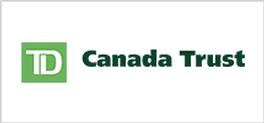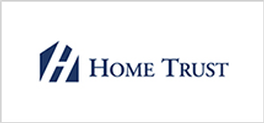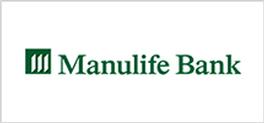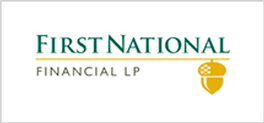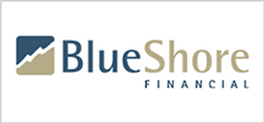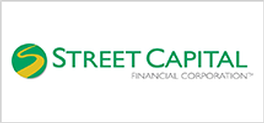Embrace Flexibility with Variable Rate Mortgage Options
Considering a variable rate mortgage (VRM) or an adjustable-rate mortgage (ARM) for your home financing needs? At Boychuk Mortgage Group, we specialise in providing flexible mortgage solutions that cater to your unique financial situation. Whether you're a first-time homebuyer exploring your options or looking to refinance an existing mortgage, understanding the benefits of variable-rate mortgages can help you make an informed decision.


A variable-rate mortgage is a type of home loan where the interest rate fluctuates based on changes to the Bank of Canada’s overnight policy rate. Unlike fixed-rate mortgages that offer stable monthly payments throughout the term, variable-rate mortgages offer the potential for lower initial interest rates, which can result in savings over time if interest rates decrease. This flexibility appeals to borrowers who are comfortable with potential fluctuations in interest rates and are looking to take advantage of market conditions.
Variable rate mortgages typically come in two forms: VRM and ARM. A VRM maintains a consistent payment amount while adjusting the interest rate periodically. In contrast, an ARM may change both the interest rate and payment amount throughout the term based on market conditions. Choosing between these options depends on your tolerance for potential fluctuations in interest rates and your financial goals. Our team at Boychuk Mortgage Group can help you navigate these choices and determine which option aligns best with your financial strategy.

As you consider your mortgage options, it’s essential to weigh the benefits and risks associated with variable-rate mortgages. Our experienced advisors at Boychuk Mortgage Group are here to provide personalised guidance and help you make the right choice for your financial future.
Are you ready to explore the benefits of a variable-rate mortgage?
Contact Boychuk Mortgage Group today to speak with one of our experienced advisors who can provide personalised guidance and help you find the right mortgage solution tailored to your needs.






